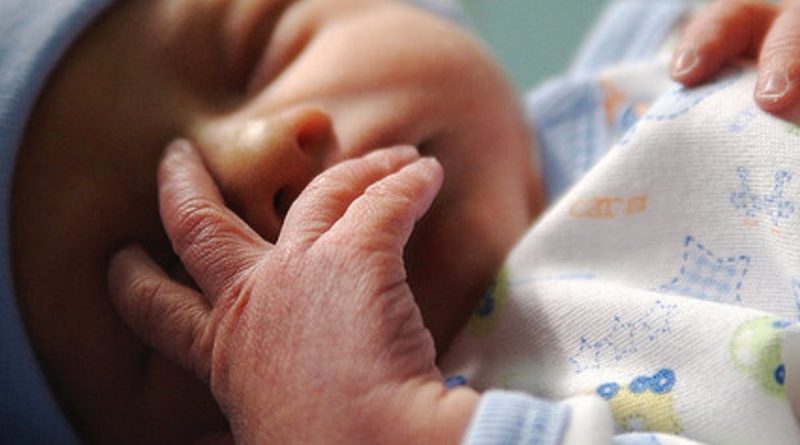How can I soothe my newborn after Circumcision?
Newborn male Circumcision is becoming more popular. Both parents and newborns have done it. Many people are starting to question whether this is a good practice or not. Some protection is provided by male circumcision from HIV and other sexually transmitted diseases. There is evidence that circumcision of newborn males does not increase the risk of developing cancer in female partners than it does for intact males. This may be due to the newborn’s lack of sensitivity.
Parents make many decisions when circumforming their newborn son. First, they choose a location on the newborn’s body that is not easily irritated. This is usually located on the top of your head, just below the ears. In countries where neonatal circumcision is commonly performed, the doctor uses a retractor, like a bandage, to pull the foreskin back.
Next, gently pull the foreskin from the glans. The foreskin can then be folded over the glans. During this process, the newborn is usually wrapped in a towel. To make warm water base, a new cloth is used. Once the newborn has been warmed, he or she is allowed to be exposed to warm water.
Most countries perform circumcision. There are exceptions in Africa where tradition calls for the procedure to be delayed until after the child has grown a bit longer. Some African communities believe that newborn male Circumcision Melbourne delays maturation of the penis, which could lead to abnormalities or even death.
Although newborn circumcision is not covered by most insurance plans, some providers charge a small fee. This helps parents to cover the cost of the procedure. The costs can be even higher for married couples, especially if there is another infant in the home. Talk to your doctor about the options and the cost of the procedure if you’re planning on having it done. Doctors may recommend that men who are not circumcised have the procedure performed. This is because it can cause skin infections and other problems later.
There are some benefits to male circumcision. According to research, circumcision is good for male newborns. They are less likely to get infections as they age. The procedure also reduces the risk of disease in adulthood, such as HIV and genital warts. Routine circumcision protects the penis from preterm births. The World Health Organization estimates that approximately 1.25 million newborn boys are placed in the nursery by their parents who have chosen to have their sons circumcised.
When newborns are born with intact penises, they are usually covered with a piece of cloth or plastic called a ring. The doctor can remove the ring from the baby’s head and pull the foreskin up over the penis. A newborn’s foreskin is able to retract fully when it is flaccid, making it easier for the doctor to make the cuts. This method is much more efficient than a glazing procedure that requires multiple cuts to cover the penis. The procedure is painless for the newborn and parents can rest assured that no blood will need to be drawn.
With newborn boys, however, it is important to make sure that all the skin is removed from the penis. This method is not recommended for newborn boys because they may experience additional pain. For infants under four months of age, this method is not recommended. Neonates should not undergo circumcision until their parents have made the decision that this procedure is necessary to protect their son’s health. Even then, the parents must be sure that this is the best option for their child’s health and well being.

